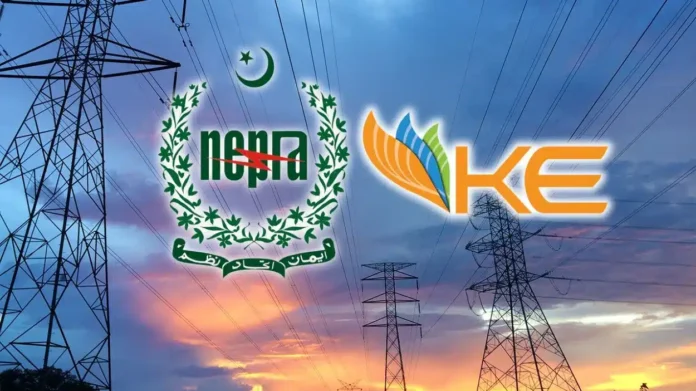Pakistan’s power sector continues to face staggering challenges, with the fiscal year 2023-24 recording losses of Rs281 billion, according to a report by the National Electric Power Regulatory Authority (NEPRA). The report sheds light on a myriad of problems, from inefficiencies in operations to safety concerns and unresolved financial hurdles.
Key Financial and Operational Challenges
The report underlines significant financial distress in Pakistan’s electricity transmission and distribution companies. Despite a growing demand for electricity, these companies struggled to utilize cost-effective power plants, exacerbating operational inefficiencies and financial strain.
Missed Loss Reduction Targets
Power companies once again fell short of their loss reduction goals. This persistent inability to control operational losses has compounded the overall financial woes of the sector, placing an added burden on the national economy.
Poor Recovery Rates and Treasury Shortfalls
The sector’s recovery rates remained abysmally low, resulting in a Rs380 billion shortfall for the national treasury. This shortfall highlights ongoing issues with revenue collection and billing inefficiencies, which continue to undermine the financial sustainability of the power sector.
Consumer Complaints and Safety Concerns
NEPRA’s report also brings to the forefront the dire state of consumer relations and safety within the power sector.
3.4 Million Consumer Complaints
Over 3.4 million complaints were registered against power companies in 2023-24. Common grievances included billing errors, service interruptions, and delays in addressing customer concerns. This volume of complaints indicates systemic service delivery failures.
Fatal Safety Violations
Alarmingly, the report documents 140 fatalities due to accidents in areas managed by electricity distribution companies. K-Electric, which serves Karachi, accounted for the highest number of deaths, with 34 fatalities, including two of its employees. NEPRA has called for stricter adherence to safety protocols to prevent such tragedies in the future.
K-Electric’s Rs68 Billion Write-Off Request
A recent NEPRA hearing highlighted K-Electric’s request for Rs68 billion in write-offs. This sum represents a portion of the Rs119 billion in bad debts reported in the utility’s audited accounts. The claims stem from legacy issues under previous Multi-Year Tariff (MYT) frameworks.
Key Points from the Hearing
- K-Electric emphasized that its claims do not include double-dipping and are strictly related to verified billed amounts.
- NEPRA scrutinized the utility’s recovery efforts, disconnection drives, and measures to deter electricity theft.
- Illegal “hook” connections in unauthorized settlements remain a challenge, despite efforts to reduce them to 0.2%.
Stakeholder Reactions
Opinions were divided during the hearing. While some stakeholders opposed passing write-off burdens onto consumers, others stressed the need for a transparent regulatory approach to address the financial complexities of the sector.
Operational and Regulatory Recommendations
NEPRA has urged electricity companies to focus on:
- Improving recovery rates through efficient billing and collection systems.
- Enhancing safety measures to prevent fatalities and accidents.
- Utilizing low-cost power generation to minimize financial losses.
- Strengthening theft deterrence mechanisms, particularly in high-risk urban areas.
A Call for Sustainable Solutions
The challenges facing Pakistan’s power sector demand urgent and comprehensive solutions. Addressing financial inefficiencies, enhancing operational safety, and fostering transparency in regulatory processes are critical steps toward a more sustainable energy future.
As Pakistan grapples with these issues, the power sector remains a cornerstone of its economic stability. The outcomes of NEPRA’s interventions and hearings will play a pivotal role in shaping the sector’s trajectory, ensuring it can meet the growing energy demands of the nation without compromising on financial or operational integrity.



